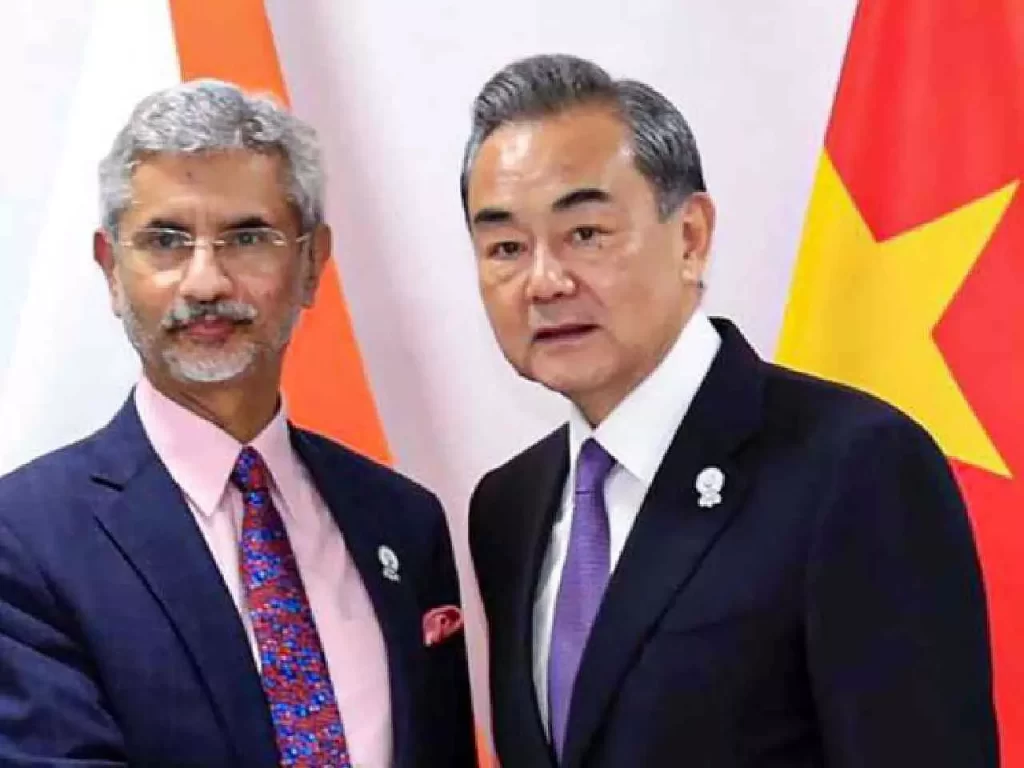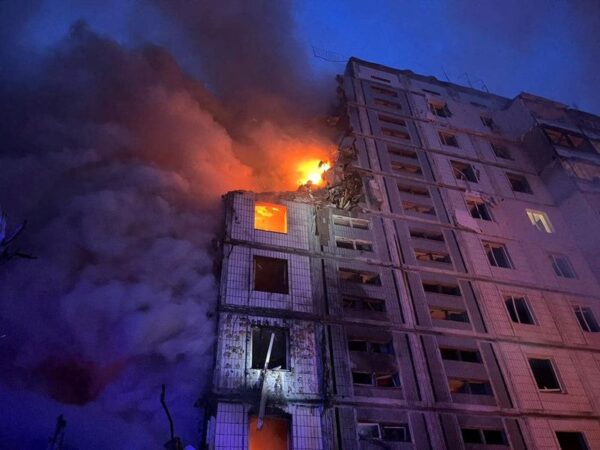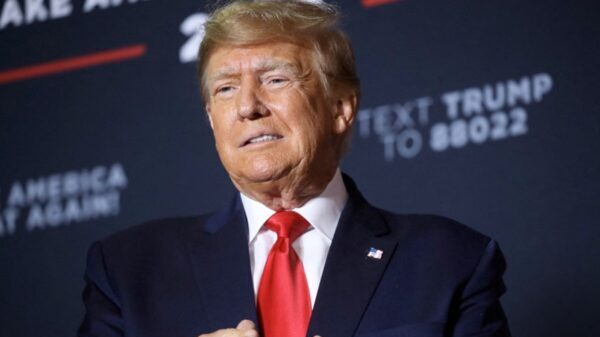
Two years in a military deadlock along the actual control line in Ladakh, Beijing made unusual outreach Thursday when the Foreign Minister and members of the Wang Yi State Council reached New Delhi at night There is no official announcement of visits – not in Beijing, not in New Delhi. The source said Wang would likely meet the Minister of External Affairs J Jaishankar and National Security Advisor Ajit Doval Friday.
Previously on that day, speaking at the alma mater Mater St. Stephen College, Jaishankar said: “Only a few will anticipate, for example, the turn of India’s relations with China has taken in the past two years. Therefore the policy is wise because it supports its posture with capabilities and prevention . Sebagian besar tanggung jawab diplomasi India adalah untuk menciptakan serangkaian opsi terluas untuk kemungkinan kontingensi tersebut. Ini bisa berarti akuisisi kemampuan pertahanan dan langkah-langkah pendukung lainnya atau mengamankan pemahaman atas kebijakan dan tindakan kami dari komunitas internasional. Dan dalam hal ini, dalam mengelola atau Complete a more full situation. ”
“Where China is concerned, diplomatic interactions that occur in parallel with military deadlock since May 2020 illustrate that foreign policy and defense actually joined the hip. Here too, the value of global support and understanding is clear,” he said Wang’s arrival without notice came for hours after New Delhi issued a second statement about Beijing’s relationship with the Islamic Cooperation Organization (OIC) in Islamabad where Chinese Foreign Minister was guests “The nations and governments that associate themselves with such exercises must be aware of their impact on their reputation,” said Arindam Bagchi for the Ministry of External Affairs, said The day before, India had “refused” what was said to be “inappropriate for” artificial Wang comments while referring to Jammu and Kashmir at the OIC conference. Speaking in Islamabad, Wang said: “At Kashmir, we have heard again today calls from many of our Islamic friends. And China shares the same expectations.”
New Delhi also reminded leadership in Beijing that “India refrained from public assessment of their internal problems”. India usually does not criticize China for its internal problems including those related to Taiwan, Tibet, Hong Kong, human rights violations and atrocities against Uyghurs in Xinjiang Province Apart from the critical back-to-back public statement on Beijing, and especially Chinese Foreign Minister, Wang’s visit did occur, indicating the seriousness with him Beijing made this outreach.
The last Wang visited India for the border talks of the Special Representative level with Doverpart Doval in December 2019. Many have changed since then. In May 2020, the military deadlock began in Ladakh following a Chinese attack. The release process is still not finished at the points along the LAC.
His visit came when Beijing had reached New Delhi to revive bilateral dialogue and arrange the stage for the BRICS (Brazil-Russian-India-Chinese-South-South-South Africa) in China later this year. Leijing has proposed a series of events to start dialogue, starting with the possibility of high-level visits from both sides. The main and clear purpose of China is to hold Prime Minister Narendra Modi for direct Summit Brics which will be attended by Russian President Vladimir Putin too. China, who also holds a chair for the Trilateral Ric (Russian-India-China) this year, can also hold the peak of the leader on the sidelines of the BRICS summit On March 19, India said relations with China could not “business as usual” until and unless the deadlock border in Ladakh was resolved. This is the first comment from New Delhi – it was made by the foreign secretary Harsh Vardhan Shringla – after Beijing outreach.







